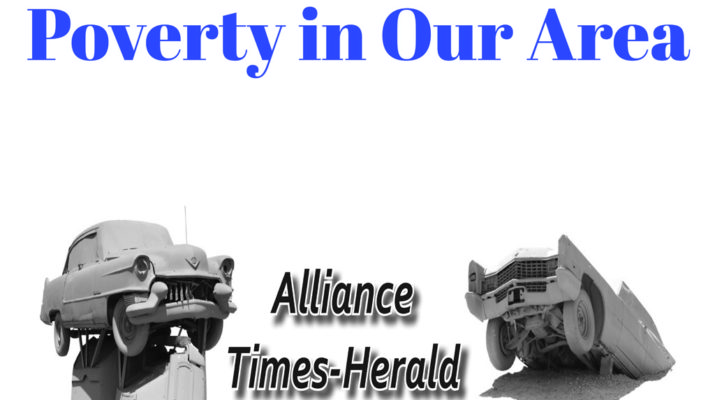Bridges Out of Poverty: Institutional Lens will be offered on Thursday, October 14, 2021, at Western Nebraska Community College in Scottsbluff. This is the second of four in the Bridges series. Bridges: Institutional Lens is an in-depth extension of the Bridges Out of Poverty workshop, introducing change strategies for agencies, organizations, and other institutions that work with people who live in poverty. What we learned in Bridges Out of Poverty will be applied to program designs, policies, and procedures.
Bridges Out of Poverty is a national program series designed to help a community understand, alleviate, and work with those in poverty. Bridges believes that organizations and communities who want to reduce poverty must first understand the mindset of the people they serve. The ultimate goal is to increase the likelihood of moving from welfare to work, especially for those living in generational poverty, families who have lived in poverty for at least two generations.
In June, Bridges Out of Poverty: Part 1, Individual Lens was presented at the Alliance High School Performing Arts Center. Participants learned about poverty research and the hidden rules of class, resources, family structure, and language. If you didn’t grow up in poverty, you may not know that there are hidden rules that are followed by people in each class: poverty, middle class, and wealth. People think and act differently based on the class they were raised in. Schools and businesses use the rules of the middle class. These rules are not often taught and are therefore confusing to people raised in poverty households.
The developers of Bridges Out of Poverty suggest that poverty isn’t about whether you are above or below a certain income, but instead about “the extent to which an individual does without resources.” These resources include financial, emotional, mental, spiritual, physical, support systems, and relationships.
Support systems taken for granted by most of us are largely nonexistent for those who live in poverty; they are often in survival mode and rely on relationships with family and friends. Bridges provides a deeper understanding of their challenges and strengths, and helps us work together to develop connections to other resources.
Program evaluations for Bridges Out of Poverty: Part 1, Individual Lens were outstanding, with people excited about what they had learned. The only concern was that they didn’t know how to apply it – what’s the next step? That is what will be covered in Bridges: Institutional Lens.
Funding for the Bridges series and speakers is from several sources: The Medica Foundation, Western Nebraska Community College, Panhandle Partnership, the Alliance Ministerial Association, United Way of Western Nebraska, CAPstone, Community Action Partnership of Nebraska, and the Alliance Poverty Task Force. Because of the generosity of these organizations, future programs in the Bridges series will be available in the Panhandle over the next two years, with Part 3: Community Lens in Alliance on June 9, 2022.
Bridges: Institutional Lens will be held from 9:00 AM – 3:00 PM on Thursday, October 14 at WNCC in Scottsbluff: WNCC Harms Center, 2620 College Park, Scottsbluff. Check-in begins at 8:00 AM. Area agencies will have outreach tables, and people are encouraged to arrive early to network.
Register at panhandlepartnership.com/events for Bridges: Institutional Lens. There is a $35 registration fee, which includes refreshments and lunch, payable when you register. Panhandle Partnership has funds to pay for substitute teachers and to pay overtime for police officers who want to attend the session. Scholarships are also available. Email connor.wilburn@panhandlepartnership.com for more information.

